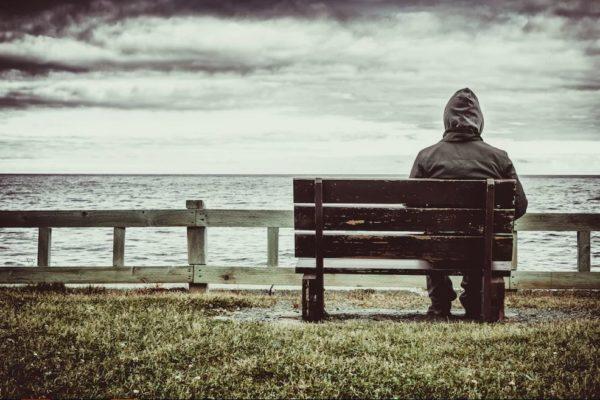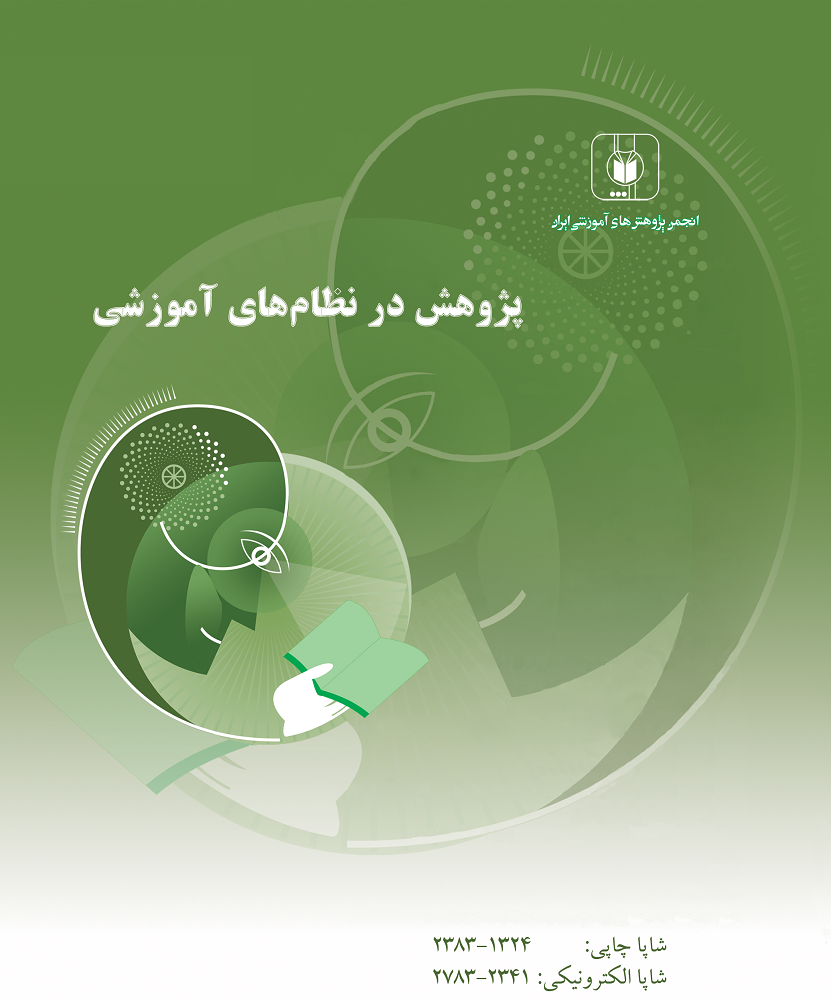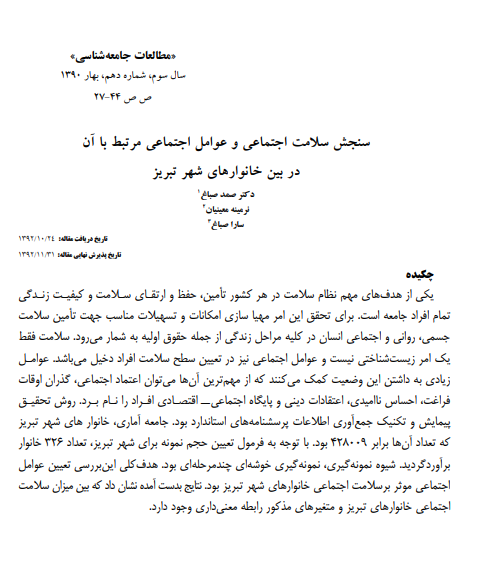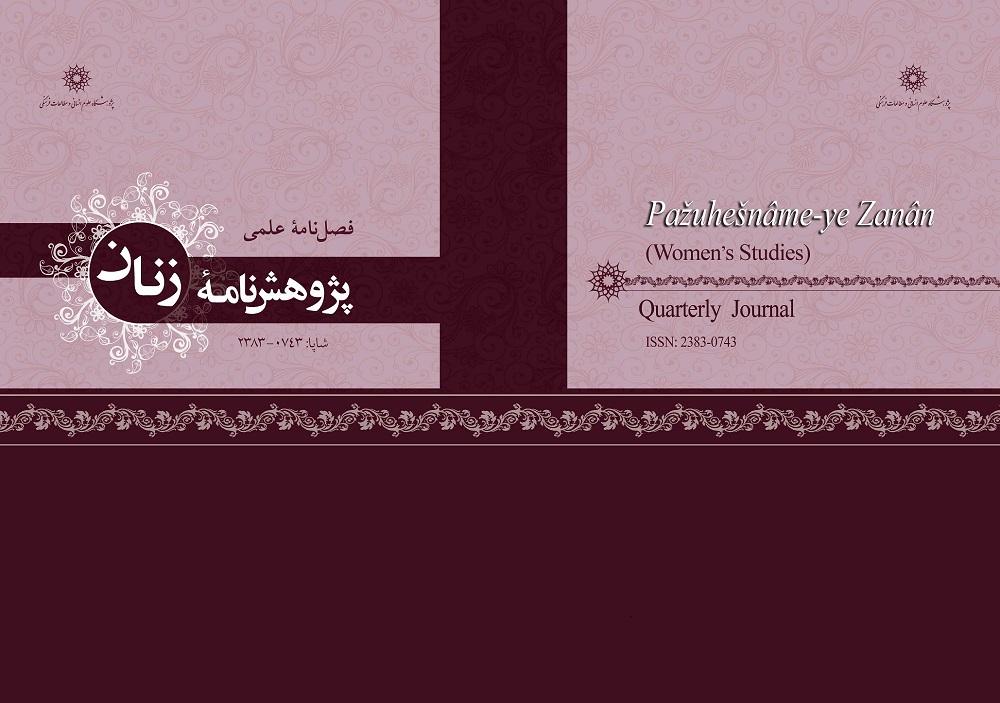Loneliness, like addiction, is silent, invisible, and deadly. - کرسی یونسکو در سلامت اجتماعی و توسعه ucshd

Loneliness, like addiction, is silent, invisible, and deadly.
Loneliness, like addiction, is silent, invisible, and deadly.
01 01 2024 10:33
News Code : 4194532
View Count : 898
What does it feel like to be alone? Maggie Ferguson asked this terrifying question to people who had experienced excruciating periods of loneliness in their lives, people who were seemingly different:
Loneliness is the leprosy of the 21st century, eating away at its victims.
What does it feel like to be alone? Maggie Ferguson asked this terrifying question to people who had experienced excruciating periods of loneliness in their lives, people who were seemingly different: women, men, young, old, rich or poor, but who had one thing in common: falling into a dark pit of loneliness. But suffering and sorrow are not the only things that come with loneliness; monks know this better than anyone.
According to the Office for National Statistics, Britain is the “loneliness capital of Europe.” According to the novelist Deborah Mogak, loneliness is “the ultimate taboo”: “We talk about everything else, even death, but no one likes to admit they are lonely.” And loneliness, although it has no physical symptoms, is a disease that can be more painful than homelessness, hunger or illness. Mother Teresa wrote: “The greatest suffering is to be alone, to feel unloved, to be without anyone.” Loneliness is the leprosy of the 21st century, eating away at its victims and making those who encounter it flee from it.
In Britain, 7.7 million people live alone. The number of baby boomers (those aged 45 to 64) living alone is increasing every year. Seventeen million adults in Britain have no family ties. More than a million older people feel lonely most or all of the time.
Loneliness is the “last taboo”, “we talk about everything else, even death, but no one likes to admit they are lonely”. People feel they cannot admit their loneliness to their family and friends. Loneliness is one of the main reasons people contact the Samaritans charity, which provides emotional support services, but it is difficult for many callers to admit it. “People who call us sometimes feel that loneliness in itself is not a reason enough to call,” says one long-time volunteer at the charity. “They feel embarrassed or ashamed, as if loneliness is not a serious issue.” Three-quarters of GPs say they see between one and five lonely people a day; only 13% of these doctors are able to help them, while the health-damaging effect of loneliness is equivalent to smoking 15 cigarettes a day. Only 22% of us have never felt lonely.
According to Martin Amis, the British psychoanalyst, most of his patients suffer from some degree of loneliness and the frantic search for romance can make the problem worse. "In a culture where most people feel lonely, there's probably an idealized image of relationships," he says. "Perhaps what people expect from each other is more than they can handle. In order to compensate, they have to create a dream of incredible, ecstatic intimacy. And there are many things (like sex) that can be used to relieve this pain. In our culture, loneliness seems to be very sexy. I think that's what pornography is, in a sense: a despair of connection, a despair of real exchange. And loneliness is fundamentally about one's belief in the power of exchange: Can we give each other something that really works? Can we do something for each other that makes us feel better?"
Phillips doesn’t believe that people are born alone or that there is a so-called “loneliness gene,” but he is almost certain that loneliness is often linked to poor parenting and dysfunctional early relationships. “I think it’s very likely that people who are lonely as adults were lonely as children,” he says.
Loneliness means worthlessness. You feel like you don’t fit in, that people don’t understand you. You feel terrible about yourself, that you’re an outcast. Everyone goes to parties but you don’t get invited. Why? Because you have a problem.
But if money isn’t your shield against loneliness, poverty makes it worse.
You could say that prosperity makes things worse. We value personal space, privacy, and independence, and the richer we are, the more we can afford to spend on these things; But they also have a side effect: loneliness. It is good for our economy if people move to find work, but their mobility also breaks family and social ties, sometimes to the point of total breakdown. “Capitalism and the mobile labour market make it risky and difficult to connect with people. Because people feel they have no choice but to continue on this path, as we have seen, they are encouraged to sacrifice relationships and intimacy.”
This may be shocking news, but it is not surprising. More than half of men and women over the age of 75 in the UK live alone. Three-quarters of older people say they are lonely and more than a third feel their loneliness is “out of control”. Most admit they have never talked to friends or family about how they feel.
We live in a society that celebrates independence but mocks isolation. Loneliness is “a searing wound that never heals; a psychological problem that becomes physical and robs you of all motivation. I was on the verge of losing the will to live: despair always knocks on the door of the lonely.”
Forty percent of older people in the UK say that television is their main companion.
Adam Phillips believes that lonely people have some choice: “There is loneliness, but it also has its uses. Loneliness can be a kind of refuge, a dark refuge, of course. It can be an escape from a lot of things that, although they might be exciting, are also problematic. Loneliness can be a safety net.” But if people face their loneliness, there is a possibility of recovery: “Anyone who feels lonely has had the experience of not feeling alone. In other words, it is a reaction to something else: they feel lonely because they know that there is a place for something that they once felt. They know that there is something good in the world that might relieve their loneliness. That in itself is a hopeful element, I think. So I think when you feel lonely, it is a sign of hope in a way.”
According to Lawrence Freeman, a Benedictine monk and internationally renowned meditation preacher, loneliness is a form of “unsuccessful solitude.” In his experience, loneliness involves “a bad sense of failure that brings shame. Lonely people feel that they should be connected to others, and if they feel isolated and alienated, they must have done something wrong; or fate or something they have done has brought them here. This often leads to a combination of paranoia and harsh judgments about others. Thus, they are trapped on two levels: they feel judged by others and they judge others.” Solitude, he believes, is “the discovery and acceptance of your uniqueness. It is not just self-knowledge, but the real, objective experience of being, which we experience in meditation.” This isn’t necessarily rooted in religion either: His meditation techniques are taught and practiced in schools and prisons across the country. “In that sense, solitude is the foundation of relationship: entering into your solitude, your uniqueness, prepares you for deeper, more authentic relationships.”






